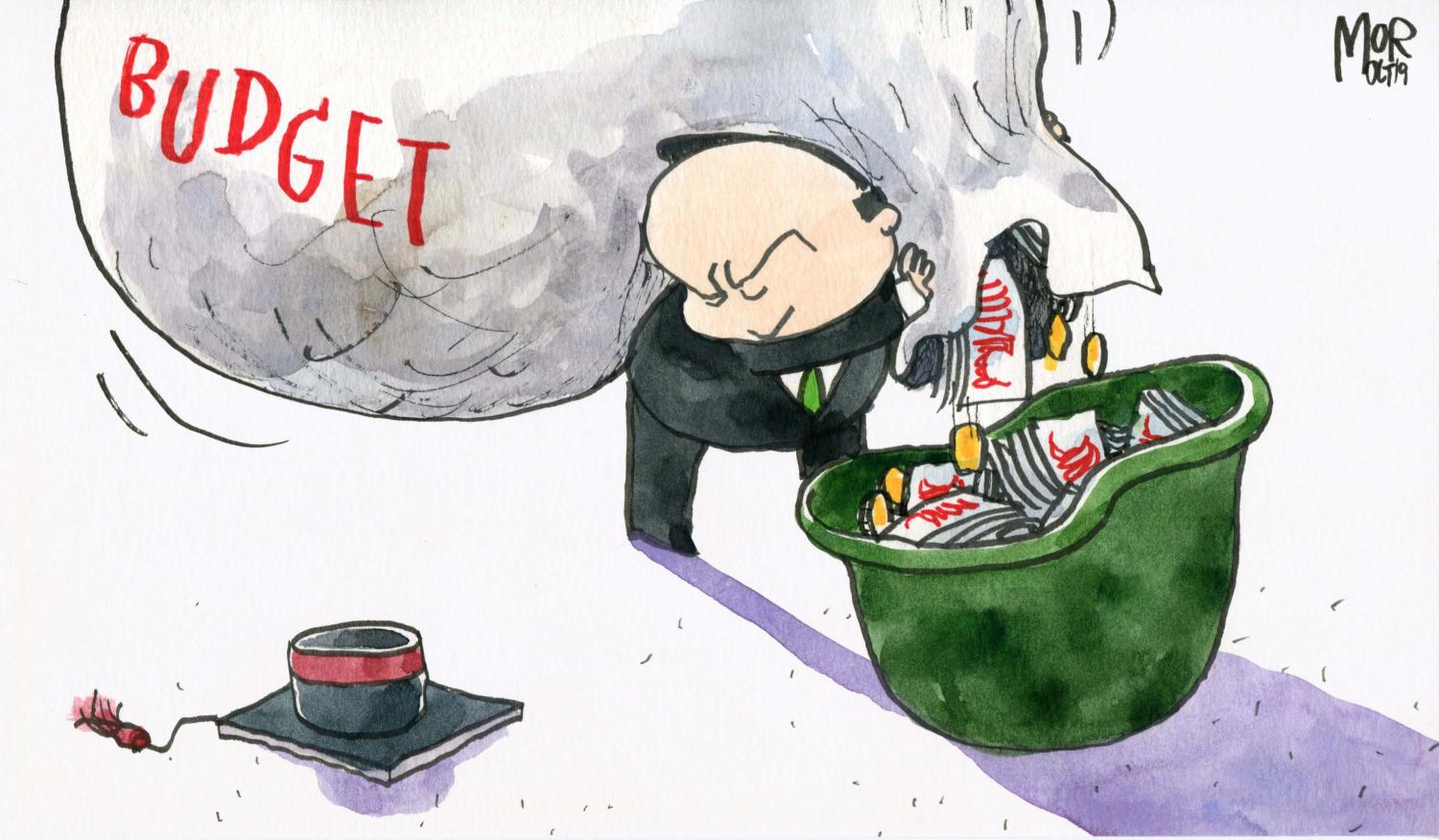
On Saturday, the House of Representatives passed the first reading of the 3.2-trillion-baht budget bill for next year. However, several contentious issues raised during the debate need to be addressed by the vetting committee, particularly on education spending.
More money for defence spending coupled with less for education drew much criticism during the debate. Even though the Education Ministry receives the largest budget of 368.66 billion baht, this is 386 million baht less than in this year's budget. Meanwhile, the Defence Ministry gets 233.36 billion baht, a 6.23-billion-baht hike.
It is true the Education Ministry has faced criticism over the efficiency of its spending. But the cut in spending on education is not a good sign.
The issue became more concerning when it emerged that most universities will likely get less money than last year because their budgets for research and development (R&D) will be chopped.
The universities are funded under a separate budget of 140.44 billion baht allotted to the newly-established Ministry of Higher Education, Science, Research and Innovation.
Key universities designated as the R&D engines for each region see substantial cuts in their budgets. For example, Chiang Mai University receives a budget of 5.56 billion baht, down 7.2%; Khon Kaen University gets 2.7 billion baht, a 12.2% drop; Suranaree University of Technology in Nakhon Ratchasima receives 1.75 billion baht, down by 20%; and Prince of Songkla University in the South receives 5.81 billion baht, an 11% cut.
Second-tier universities in the provinces also suffer drastic budget cuts. Some universities have cried foul that their R&D budget is cut to zero.
Prime Minister Prayut Chan-o-cha defended the budget in its first reading, insisting that national security and stability were a prerequisite for economic development, and said the budget for education was still high. He also insisted the allocation of 2020 budget money represented proper prioritisation rather than being concentrated in certain ministries.
His words appear out of touch with reality.
While universities see their R&D budgets chopped, the bill allocates financing in this area specifically to the Ministry of Higher Education, Science, Research and Innovation.
Is centralising R&D funds in the hands of the ministry the right path to take?
The government may want the budget to be spent for its flagship development projects. But by removing universities' control over R&D funding, will the country be able to maximise its potential in this area?
Various global university rankings show Thai universities are dropping far behind their peers in Asia, not to mention those in Europe and the US.
The weakness in research capability is the factor that leaves Thai universities lagging so badly. The current budget bill does not foster progress in this area.
The government may want R&D to be achieved on a larger more commercialised scale, as occurs in countries such as China, South Korea and Singapore. But how can Thailand's R&D leap ahead to that scale without strong foundations that are built in universities?
Many capable university researchers currently lack R&D opportunities because they are starved of the funds needed for projects on a scale that would attract support from business operators.
Meanwhile, questions about the commercial viability of their research means they find it difficult to gain funding approval from R&D agencies. The future looks bleaker than ever for Thai R&D.
